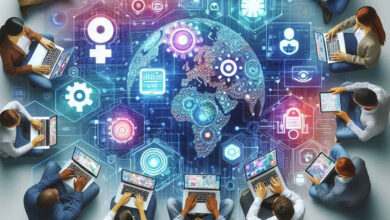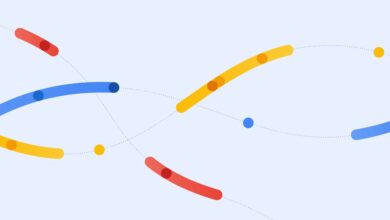Op-ed: Generative AI should be stopped for the good of autistic people
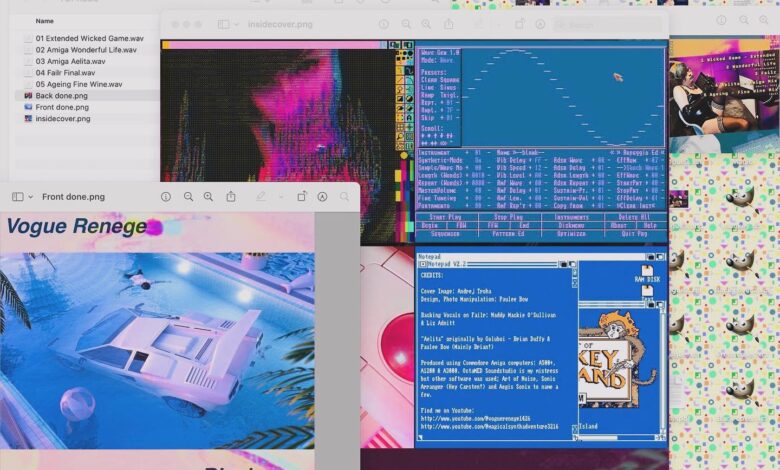
Could the exploitation of generative AI disproportionally impact neurodivergent people? Paulee Alex Bow joins for a guest editorial from the perspective of an autistic person. It’s vital reading for people working on AI tech – and can hopefully spur debate and action.
Paulee Alex Bow (Sonic State, Magical Synth Adventure) has talked about their own exploration of autistic identity and thought and understanding how that can relate to their creative process – see below. In case you didn’t know this already, “Op-ed” doesn’t mean that publications can magically disavow what they publish – rough history here – especially as the term originates in the positioning of the page, not the opinion. I have no ed board, and Paulee can speak to the autistic experience and I can’t. But I will absolutely advocating listening to this perspective, and actively resisting any use of AI that’s normative, repressive, or dehumanizing. And maybe in the process of reflecting on that, we might reflect on ways that we’ve been blind to an experience of other human thought that is different than ours. Here’s Paulee. -PK
You might be puzzled by this headline. After all, musical tools don’t always rely on dexterity or classical “chops.” In learning environments, users of varying abilities, including autistic people, employ tools with other approaches to great effect. As a yet-unqualified but very prolific music therapist, I’ve used accessible instruments many times throughout the years with my service users, from giant percussion to electronic devices triggered by beams or pressure pads. I’ve seen the glee that this musical interaction brings. I’ve even helped people to develop alternative playing styles for conventional instruments – one individual with dyspraxia couldn’t hold down chords but played a mean one-note slide guitar!
But I’m not really talking about interactive musical tools here, things that get you moving and interacting in real time. I’m talking about generative tools — anything that writes notes for you, takes minimal input (including a text description), and outputs melodies and harmonies. That includes simple MIDI affairs like Scaler 2 (which suggests chords based on your MIDI data) or advanced applications that generate whole songs from your text input, complete with vocal tracks. These tools might afford anyone of any ability a shallow creative victory or some light entertainment, but at what cost?
I think it’s time to get my controversial statement out of the way:
Every time you use a generative tool to write notes for you, you are putting a musician out of a job, but more than anything, you’re putting an autistic musician out of a job. Such autistic creatives are often bestowed with unique gifts, but they just as often come at a terrible price — traumatic lives of disconnect. We will feel that loss of opportunity much harder than you; our lives already face multiple barriers that yours do not.
It’s emotional stuff, of course, and I guess it scales (excuse the pun). Use a little AI, disadvantage us a little; start scoring all of your films with AI, disadvantage us a lot. Frustrated voices of disabled people are always difficult to acknowledge, hence why these voices have been traditionally excluded. When I tried to discuss this issue on a popular electronic music forum, I was shouted down and ridiculed.
We will feel that loss of opportunity much harder than you; our lives already face multiple barriers that yours do not.
I know that, as an autistic person, most of the world doesn’t understand me (or doesn’t want to understand me, calling me “oversensitive,” “freakish,” “awkward,” “annoying,” and “weird” over the years. But there’s one part of my condition that allistic (i.e., non-autistic) people seem to envy and admire — that “lightning in a bottle” infinite bounty of musical inspiration. I find writing music in multiple styles so, so easy – far easier than having a conversation, and you all want that. My head is overflowing with melody. Coming up with this stuff is like breathing to me; there’s too much melody. [Ed.: For anyone saying “I have that, and I don’t have autism” – actually, I’d be really interested to hear about that, and to hear other autistic experiences; maybe the best thing that could come out of AI would be to stop pathologizing neurodivergence and exploring the complexity and challenges of human creativity and emotions. -PK]
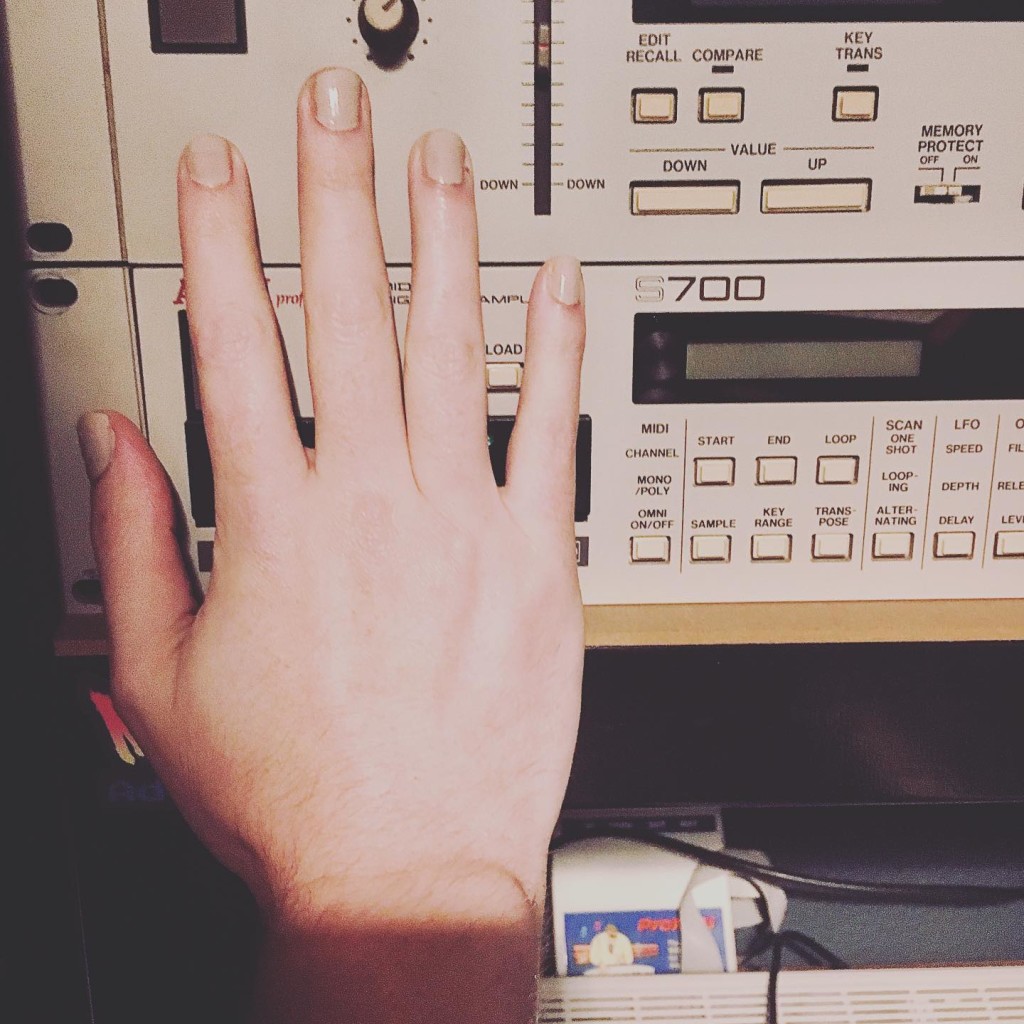
Of course, this rare uber-musical brain comes with a bunch of baggage. I spent most of my teens and twenties feeling incredibly on edge and suicidal due to the rejection and bullying my autistic behaviour attracted. I’m relieved to be accepted finally – having friends and even fans. But there’s a bittersweetness there. It feels like I was only accepted once I’d put in an impossible amount of effort to change myself, becoming impossibly charming, witty, and fooling you into thinking that I’m one of you.
AI might give you the benefits of my genius one day soon (classic autistic lack of humility!) — creating nuanced, beautiful pieces that fool even the trained ear. These may put many a musician out of a job, but I guarantee you; neurodivergent creators will be hit the hardest. Why is that?
In employability terms, only 22% of autistic people are in any paid employment (figures: National Autistic Society), compared to 80%+ of non-disabled people. So even in that general picture, society is not doing enough. Please do more.
My head is overflowing with melody. Coming up with this stuff is like breathing to me; there’s too much melody.
Within the music industry, the only figure I could find is 11% (via M Magazine) for both autistic & ADHD artists. I feel that in a field where creativity, hyper-focus, and out-of-the-box thinking are required, this number should be far higher! But success in the music industry isn’t really about music, is it? It’s about networking, selling yourself, and clinging to an unwavering toxic dream, all of which are very hard for, or absolute poison to, the highly sensitive autistic person.
Nevertheless, for many autistic people, their art may be the only good thing in their lives. This is Maslow’s hierarchy of needs. [Figure: CC BY-SA 4.0.]
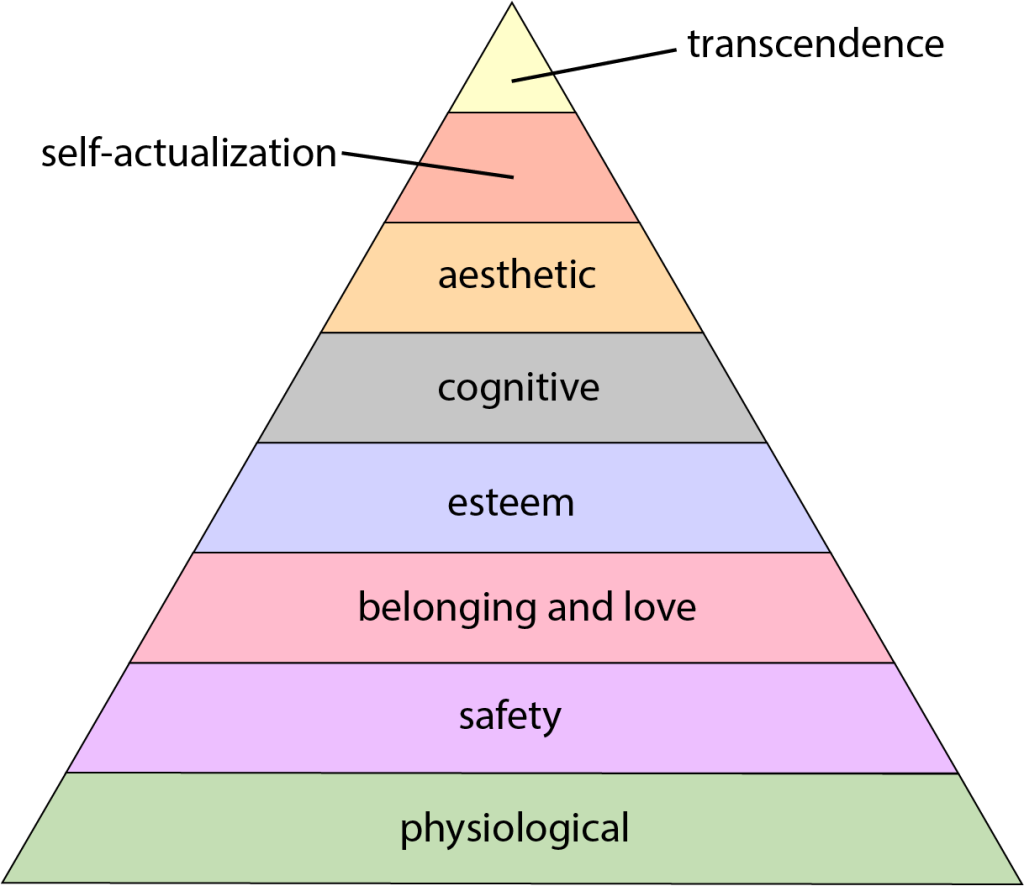
The theory suggests that once your basic needs (food in your belly & a roof over your head) are met, then you can move onto love/belonging, esteem/respect, and finally self-actualization. I agree that all of these needs are important, but I think that for autistic (and other people) the order is wrong.
Think of the “Artful Dodger” from Oliver Twist: food and safety were in short supply for this character, so he needed to self-actualize to an incredible degree in order to satiate these needs. Autistic people are similar when it comes to our elusive needs. We may be fed and safe, but the world often denies us acceptance, friendships, romantic relationships, respect, and the ability to build self-esteem, not on purpose but simply through innate human mechanisms of prejudice:
A study I recently conducted with colleagues found that masking didn’t change the judgments that non-autistic peers made towards autistic people’s social behaviors. Even when an autistic person is masking, non-autistic people will still rate them more harshly than non-autistic peers if they don’t know they are autistic.
– Dr Hannah Belcher

Sometimes, our “gifts” are the only thing people like about us. Take away the wow factor of our unique talents and skills, and we are just unlikable, bullied losers. We self-actualize (using those talents) out of necessity for a number of important reasons, be they social, therapeutic, etc. Growing up, I faced so much unfair criticism over things I couldn’t control, yet people would be wowed by my ability to play by ear and compositional skills. Even though praise comes from multiple sources nowadays — some people even like my well-rehearsed personality — I’ve put quite a lot of esteem eggs in a basket marked “musical genius.” The thought of that being devalued terrifies me. Of course, the irony doesn’t escape me that such artificial intelligence is coded by teams that include autistic people; making great creative strides in one discipline that could blight and devalue all others within a generation.
Then again, music doesn’t seem to be valued much these days — a brief amusement, a tool to sell a face, a race to the bottom, the winner – vapid diatonic mumble-swagger – “ok, millennial.” Perhaps someday soon, autistic people will work together to overcome all barriers to creative employment, not just AI. Projects like Tiergarten Records, a neurodiverse record label, are a good example.
Autism is a hard life and really isn’t for the faint-hearted. Self-actualizing through the creation of music or video is a huge part of my well-being routine. A lot of the reward comes from putting things together and impressing myself, but I would be lying if I said I didn’t love recognition from my fans and my peers. Music has been a lifelong love affair, lighting my way through some incredibly dark times. Perhaps by devaluing artistic endeavors – those that help keep Autistic people well, we won’t survive through to adulthood, and then society won’t have to deal with us. Autistic composers will wither & die if you take away a profound source of income, well-being, and self-actualization.
Anyhow, please think carefully. The world might look pretty grey without our wild colours splattered across its landscape.
If you’d like to learn more about growing up with autism, then please take a look at my video:
Ed. PS – that M Magazine link, via PRS Music, is a great read:
Access All Areas: Eliminating barriers for neurodiverse people in music
And here’s a track from Paulee (Video Toaster!) – looking forward to their EP in June!
And seriously – I hope we do get a response from people working on AI and generative AI – and music software in general. There’s so much to talk about here, and so much work to do. -PK


